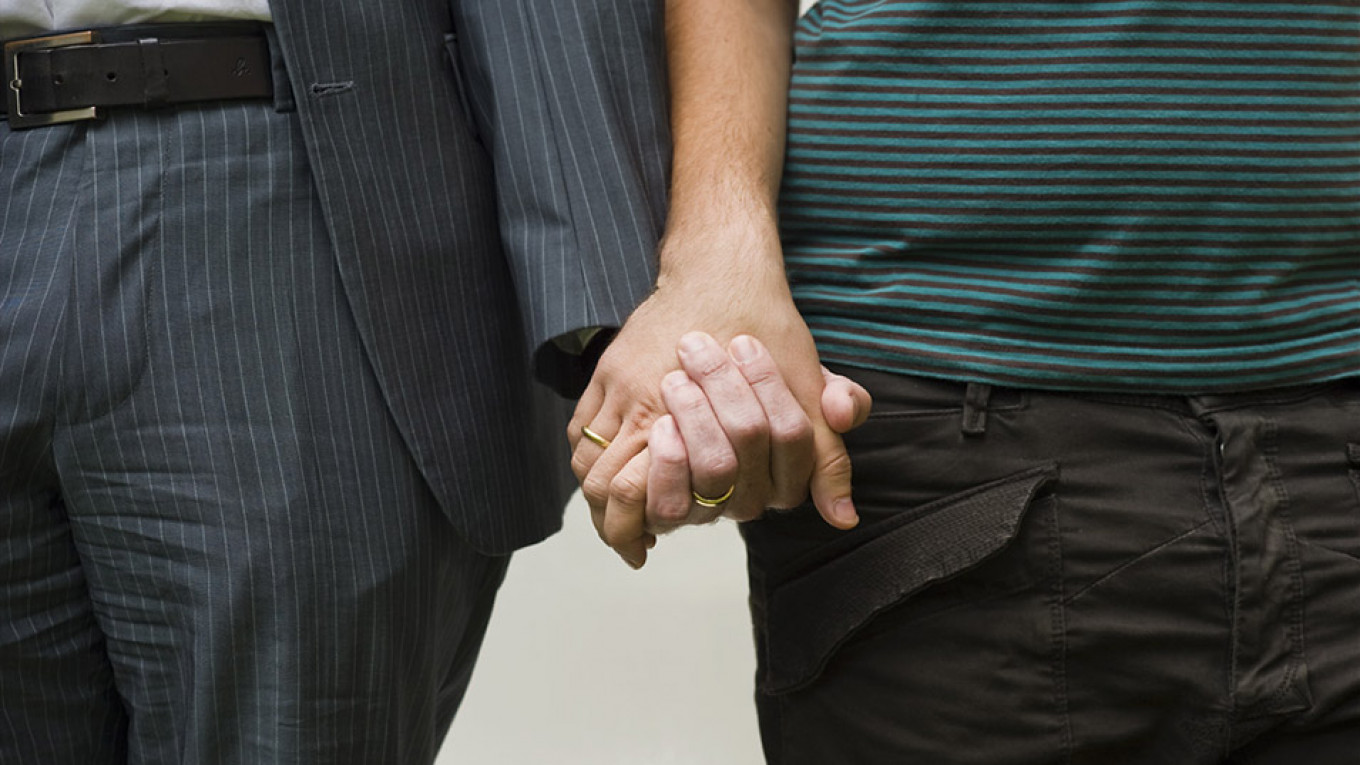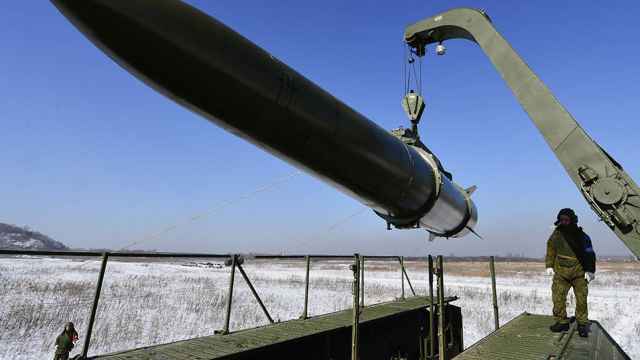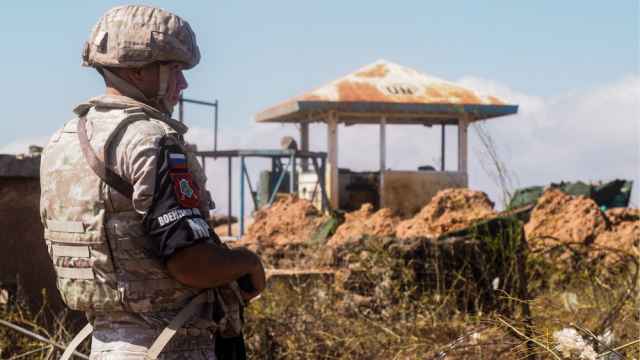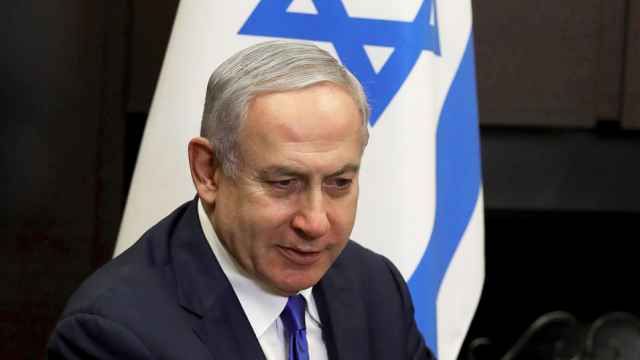Israel and Russia have signed a new adoption agreement that will effectively block LGBT Israelis from adopting Russian children, Israel’s Channel 12 news outlet reported Wednesday.
Russia banned adoption by LGBT couples and individuals from countries that allow gay marriage in 2013. Israel has been complying with this law through a de facto arrangement in the years since it passed, the Haaretz news outlet reported in 2017.
While it doesn’t explicitly mention LGBT adoption, the new agreement, which was signed ahead of Russian President Vladimir Putin’s visit to Israel this week, says all adoptions between Russia and Israel must comply with Russian law.
The agreement has been met with outrage by Israel's LGBT community, with critics pointing to what they say is Israel’s conflicting stance on gay rights. Despite a 2017 promise to legalize adoption by same-sex couples, LGBT Israelis are still barred from adopting children or conceiving children through surrogacy.
Israel had previously rejected Russia’s requests to put the LGBT restriction into a formal document, Haaretz reported Thursday.
Russia is one of the few countries to allow adoption by Israeli parents, and Russian children account for roughly half of all adoptions in Israel. The latest agreement aims to make it easier and faster for heterosexual couples and individuals in Israel to adopt Russian children.
An explanatory note accompanying Russia's 2013 LGBT adoption law said that the government had acted to protect adopted children "from possible unwanted influence such as artificial forcing of non-traditional sexual behavior and the suffering, complexes and stresses that, according to psychologists' studies, are often experienced by kids raised in same-sex families."
A Message from The Moscow Times:
Dear readers,
We are facing unprecedented challenges. Russia's Prosecutor General's Office has designated The Moscow Times as an "undesirable" organization, criminalizing our work and putting our staff at risk of prosecution. This follows our earlier unjust labeling as a "foreign agent."
These actions are direct attempts to silence independent journalism in Russia. The authorities claim our work "discredits the decisions of the Russian leadership." We see things differently: we strive to provide accurate, unbiased reporting on Russia.
We, the journalists of The Moscow Times, refuse to be silenced. But to continue our work, we need your help.
Your support, no matter how small, makes a world of difference. If you can, please support us monthly starting from just $2. It's quick to set up, and every contribution makes a significant impact.
By supporting The Moscow Times, you're defending open, independent journalism in the face of repression. Thank you for standing with us.
Remind me later.






